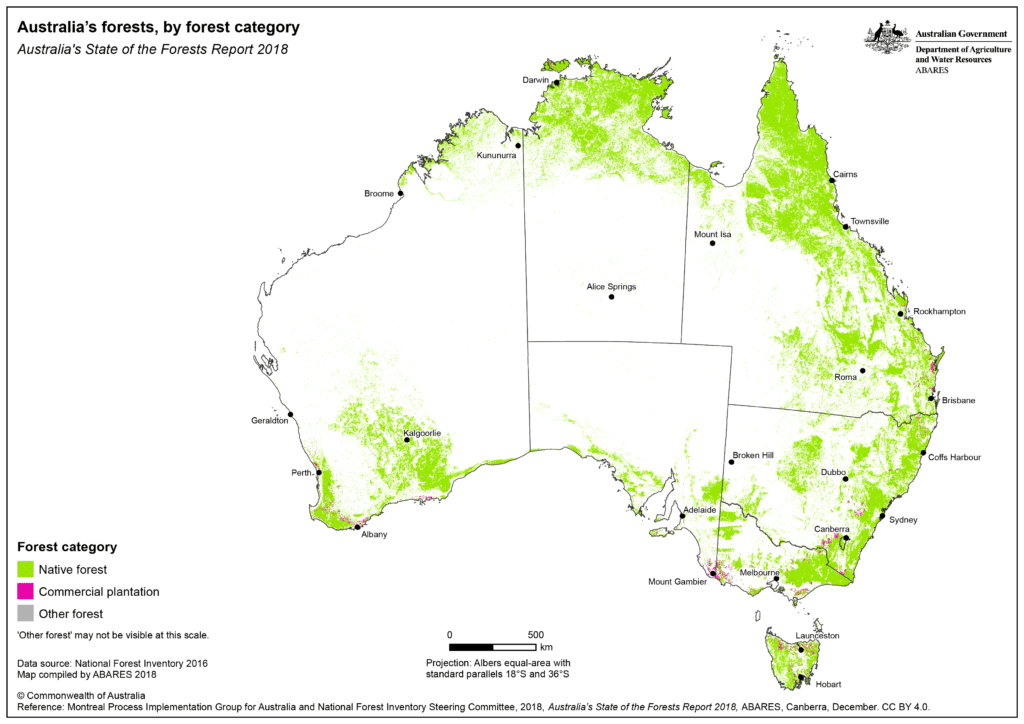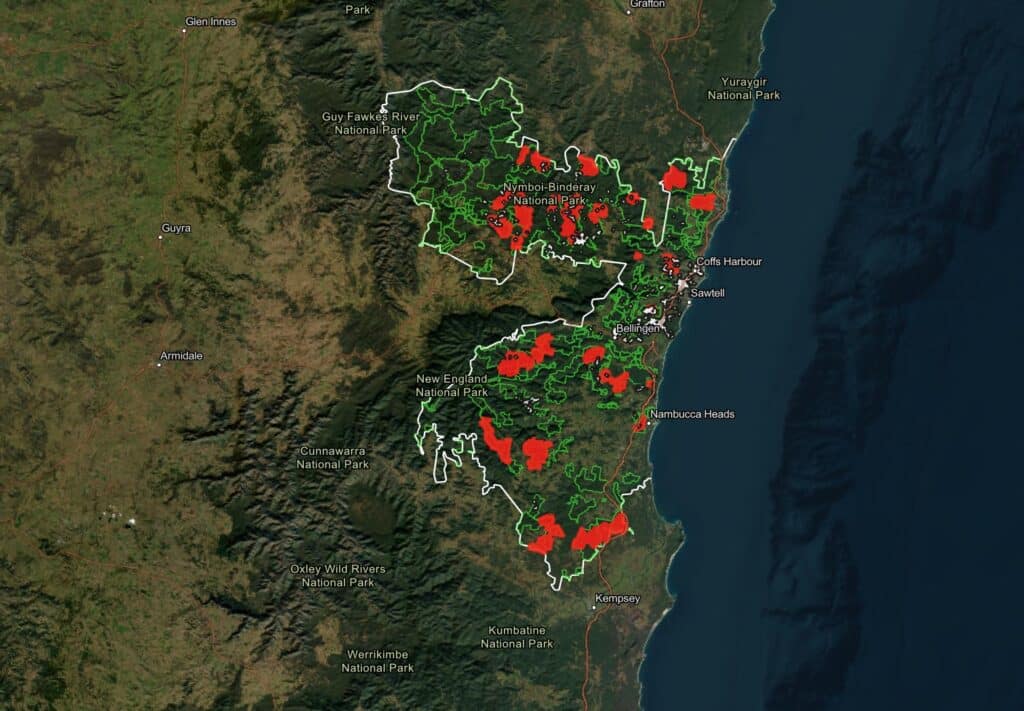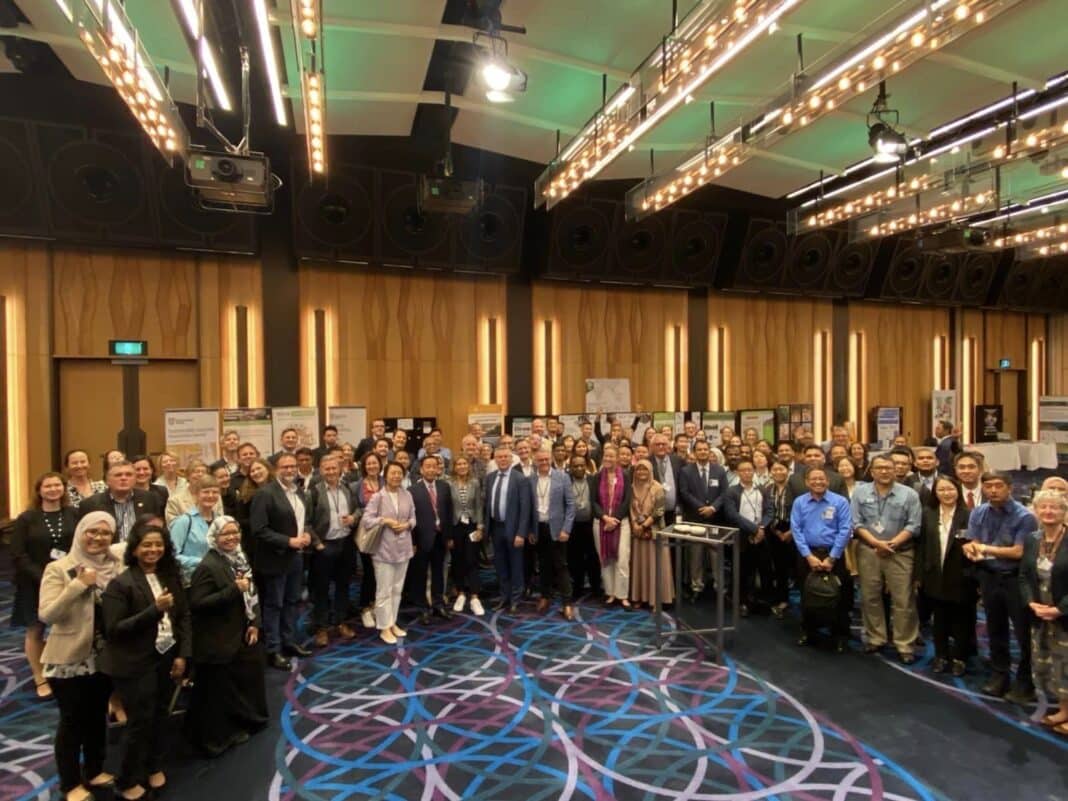The Australian Government has corrected the record on the sustainability of its forests after the Greens, flanked by ENGOs, pushed for the QLD, NSW and Tasmanian Governments to act on native harvesting.
In a media statement released this morning, the Department of Agriculture, Fisheries and Forestry acknowledged that it has received several enquiries over the last fortnight “asking for the Montrol Process Working Group (MPWG) to uphold sustainable forest management.”
The MPWG advances the development of internationally agreed criteria and indicators for the conservation and sustainable management of temperate and boreal forests.
Australia reports on the criteria and indicators as part of its ‘State of the Forests’ series, with the Department reporting that “almost all of Australia’s indicators have a ‘strong’ alignment with the Montreal Process indicators, with most of the other indicators having a ‘partial’ alignment.”
It nonetheless does not assess the performance of jurisdictions that have optionally elected to report on the criteria and indicators, which is, according to the Department, outside the scope of the MPWG as articulated in the Terms of Reference.

On Friday, an international committee of scientists met in Sydney to review agreed-upon criteria and indicators for NSW’s conservation and sustainable management of temperate and boreal forests.
It comes as select members of the MPWG Tactical Advisory Committee (TAC) have alleged that the NSW Government is failing all 7 of the criteria of the Montreal Process.
According to NSW Greens MP Sue Higginson, the Forestry Corporation of NSW has “repeatedly ignored advice or obstructed intervention when it comes to their aggressive and harmful logging operations in some of the highest biodiversity value areas of NSW.”
Wood Central can reveal that Ms Higginson has written to the Montreal Process Working Group “to explain the parlous state of native forests in NSW and how successive Governments have ignored and failed to meet their international commitments to conserve and sustain temperate forests.”
Ms Higginson is an outspoken critic of native forest harvesting and, in May, submitted a Private Members Bill titled ‘Forestry Amendment (Koala Habitats) Bill 2023’.
“Industrial native forest logging, like the NSW Government is allowing, is a profitless and dangerous practice that is directly driving both the Extinction and Climate Crises,” Ms Higginson said.
“That’s why international agreements like the Montreal Process are so significant; we must be accountable and end native forest logging here in NSW, Australia and around the Earth.”
Last month, the NSW Government announced that it would establish the Great Koala National Park and halt timber harvesting operations in the 106 koala hubs within the areas assessed for the Park.
The decision is the most significant environmental commitment in NSW history, and according to NSW Environmental Minister Penny Sharp,” it” is essential to save koalas from extinction.”

Wood Central spoke to an anonymous source connected to the decision who said the next two weeks “is crucial in deciding the fate of native forest harvesting in NSW.”
During the decade to 2020, Australia recorded an increase in forested area of 4.4 million hectares – the second largest growth of any nation recorded, according to the FAO Global Forest Resource Assessment.
It comes as the Australian Government last week hosted the Food and Agriculture Organisation of the United Nations (FAO) Asia-Pacific Forestry Commission.
At the conference, delegates from 26 countries discussed ways to enhance sustainable forest management in the region, including:
- Upscaling forest and landscape restoration in the region to better support biodiversity and mitigate the impacts of climate change.
- Managing and mitigating the adverse effects of wildfires, forest pests and diseases that threaten forest ecosystems.
- Conserving and sustainably using the region’s forest biodiversity, focusing on primary forests.
- Using wood and non-wood forest product value chains to build a prosperous relationship between society and nature.
During a side event, the Montréal Process Working Group launched their Synthesis Report 2023 – which identified three critical drivers for future focus, including climate change, increasing environmental challenges, and technological developments.






